Soaring Inflation Impacting All Aspects of Feeding San Diego’s Operations
While costs are up across the board, so is the need for food assistance in San Diego County
With the inflation rate sitting at a four-decade high, Feeding San Diego is facing increased operating costs across nearly all aspects of the organization, including purchasing food, transporting donated food, energy for cold storage, and other costs including fuel, wages, and even vehicle maintenance seeing significant increases. The cost of purchased food alone is up 20 percent for the organization, testing its ability to provide as much food assistance as needed through San Diego County. More people are seeking help from hunger relief organizations like Feeding San Diego, many of them for the first time, and the non-profit is calling on the local community to show support like they did during the early days of the COVID-19 pandemic.
“We are seeing more people at our food distributions who say they need help because their income just isn’t covering their basic expenses anymore,” said Dan Shea, CEO of Feeding San Diego. “At the same time, pandemic era government funding and programs are expiring, and donations are down from the height of the pandemic. It’s important that our community knows that the crisis is not over.”
A survey conducted by the Urban Institute found that food insecurity, after falling sharply in 2021, rose to roughly the same level this June and July as it reached in March and April 2020. Feeding San Diego has tracked the same trend at its Together Tour drive-through food distributions – there are 11 sites across San Diego County – that started in February 2021 as a response to the economic fallout started by the pandemic. While numbers dipped briefly mid-year, by the end of 2021 they were climbing again.
Take for example Feeding San Diego’s food distribution at Southwestern College in Chula Vista, started back in April of 2021. These are held every month and are open to anyone in need and people can drive through to receive fresh produce, pantry staples, and a frozen meat protein. While there were initially 1,008 households that drove through the first distribution in April 2021, over time the numbers went down, dipping to 675 in September of 2021. Since then, attendance has been steadily climbing back up and last month the site served nearly 1,500 households, the highest number ever served at that site. This trend is indicative of what the nonprofit is seeing across the board at Together Tour distributions throughout the county.
Inflation is wreaking havoc on the American household, whether it was a household that struggled with food insecurity before or not. Household budgets are very tight – anything that increases costs can have a negative effect on food budgets, leading individuals and families to turn to food banks to make ends meet. People are making tough choices between putting food on the table or paying for medicine or putting gas in their cars. According to the USDA, households with a lower income spend a larger portion of their budget on food – nearly 30 percent. Feeding San Diego is working around the clock to try to meet the need but right now, more than ever, needs the help of the community.
Those who would like to support the life changing work of Feeding San Diego can visit the website to make a donation, start a fundraiser or sign up for a volunteer shift.








